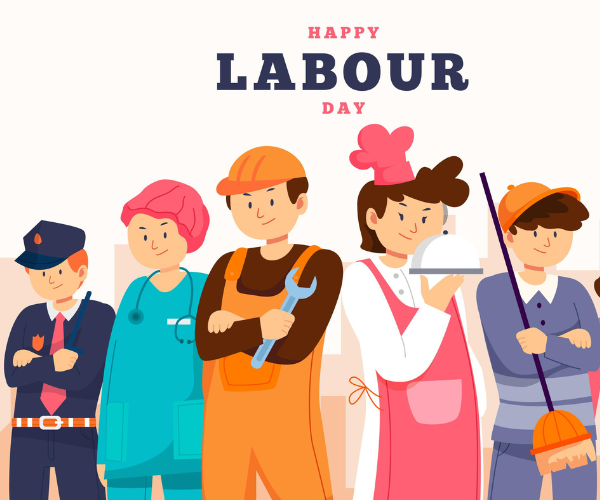Labor Market In Europe

What does the labor market mean?
The labor market refers to the overall system that brings together employers and employees for buying and selling labor services. It involves the supply of labor by job seekers, the demand for labor by employers, and the wage or salary rates that are negotiated between them.
How does it work?
In a typical labor market, employers advertise job vacancies, and job seekers apply for those jobs. The employers then select the most suitable candidates and offer them a job. The terms and conditions of the job, including the salary, working hours, and benefits, are negotiated between the employer and the employee.
How it is important for migrants that want to work in Europe to know labor market rules?
The labor market is important for migrants who want to work in Europe because they need to be aware of the labor market rules and regulations in the country they want to work in. Labor market rules can vary from country to country and can include regulations related to work permits, minimum wages, working conditions, and employment contracts.
Migrants who are not familiar with the labor market rules in Europe may face difficulties finding work or may be taken advantage of by unscrupulous employers. Therefore, it is important for migrants to research and understands the labor market rules in the country they want to work in and seek assistance from relevant authorities, such as labor unions or migrant support organizations, if necessary.

Does current labor market rules of Europe or Canada is helpful for a migrant worker from Asia or Africa?
The labor market rules in Europe and Canada are designed to protect the rights of all workers, including migrant workers from Asia and Africa. These rules are put in place to ensure that employers provide fair wages, safe working conditions, and other employment benefits to all workers, regardless of their nationality or immigration status.
For example, in Europe and Canada, employers are required to comply with minimum wage laws, which ensure that all workers, including migrant workers, are paid a fair wage for their work. Additionally, labor laws in these regions provide protections for workers against discrimination, exploitation, and unsafe working conditions.
However, it is important to note that while labor market rules in Europe and Canada are generally favorable for migrant workers, there are still some challenges that migrant workers may face, such as language barriers, difficulty navigating the immigration system, and discrimination based on their ethnicity or immigration status. It is important for migrant workers to be aware of their rights and to seek assistance from relevant authorities or support organizations if they face any issues in the workplace.

Do I need to hire any lawyer to know the labor laws to work in Europe or Canada or the UK?
No, you do not necessarily need to hire a lawyer to know the labor laws to work in Europe, Canada, or the UK. Labor laws are typically available online or through government agencies, and you can research them on your own to gain a general understanding of your rights and obligations as an employee.
However, if you have specific legal questions or concerns about your employment rights, it may be helpful to consult with a lawyer or other legal professional who specializes in employment law. A lawyer can provide you with guidance on your legal options and can help you navigate the complex legal system if you need to pursue legal action against your employer.
Additionally, if you are a migrant worker, it may be helpful to seek assistance from immigration lawyers or organizations that specialize in supporting migrant workers. These organizations can provide you with information on immigration laws and procedures and can help you navigate the immigration system if you have questions or concerns.
I hope that helps! Let me know if you have any other questions.
Get fresh content from goimmigrants
EXPLORE BY TAG
Work Profile You like to Apply for
Newsletter
Subscribe to our newsletter to keep upto date with us.















